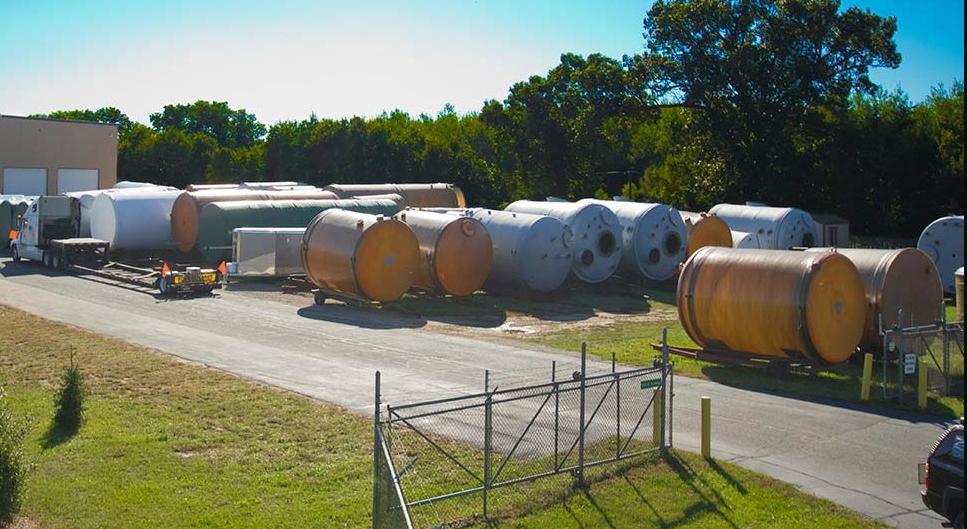Vertical vs Horizontal Industrial Storage Tanks: Pros and Cons

Choosing the correct tank orientation—vertical or horizontal—can significantly impact performance, installation, and space efficiency in industrial settings. The shape and layout of the tank significantly impact storage volume, structural stability, and compliance with site-specific requirements.
If you’re evaluating options for commercial water storage tanks, consider the long-term implications of each tank type. Industrial water tanks are available in both vertical and horizontal designs, each offering distinct benefits depending on the specific usage. Learn more about engineered tank options in this blog.
Space Optimization and Footprint
Vertical tanks use less floor space, making them ideal for facilities with limited square footage. Their smaller footprint allows for higher storage capacity in tight or urban environments. Horizontal tanks, on the other hand, extend laterally and are better suited for spaces with low ceiling heights or spread-out infrastructure.
- Vertical tanks: Maximize capacity in compact footprints
- Horizontal tanks: Fit better in spaces with vertical limitations
For industries where facility layout is a significant constraint, tank orientation can have a direct impact on productivity and workflow.
Stability and Structural Considerations
Vertical tanks benefit from gravitational pressure, which aids in fluid distribution and flow. These tanks often require additional structural support to remain stable in areas prone to wind or seismic activity. Horizontal tanks offer better ground-level stability due to their wider base, making them more secure in outdoor installations or transport scenarios.
Water tank manufacturers often reinforce vertical tanks with external ribs or platforms, whereas horizontal tanks may be skid-mounted or saddle-supported for added structural integrity.
Installation and Anchoring Differences
Vertical tanks are typically mounted on a small, reinforced concrete pad. Such tanks require anchoring mechanisms to resist uplift pressures arising due to the force of winds or fluid flow.
Horizontal tanks typically require a saddle or steel cradle to maintain them in a level position and ensure even distribution. It also minimizes the installation difficulty since their center of gravity is lower, making it easier, particularly in remote places or on unpaved sites.
The type of foundation, anchoring method, and alignment procedures must be adjusted by installation crews depending on the tank’s orientation. This is required to fulfill the codes of compliance and the longevity of the tanks.
Best Use Cases for Each Design
Vertical tanks are well-suited for:
- Chemical processing plants
- Food-grade water systems
- Indoor installations with limited floor space
Horizontal tanks are better used for:
- Transportable setups
- Underground vaults (not applicable to Belding Tank)
- Outdoor, wind-exposed environments
The choice depends on whether the system prioritizes space savings, access, or mobility. Many industrial water tank systems benefit from hybrid setups that integrate both vertical and horizontal units for optimized flow and access.
Common Configurations Offered by Water Tank Manufacturers
Leading water tank manufacturers offer a range of sizes and configurations tailored to meet industry demand. Common tank types include:
- Flat-bottom vertical tanks with domed tops
- Slope bottom tanks for complete drainage
- Horizontal cylindrical tanks for easy transport
- Double-wall tanks for secondary containment
- Dish bottom tanks for mixing applications
Each model addresses a specific industrial requirement, from efficient liquid discharge to contamination control. When selecting from available industrial storage tanks, ensure the tank shape supports both operational needs and regulatory compliance.
For custom vertical or horizontal storage tank solutions,contact Belding Tank Technologies.




